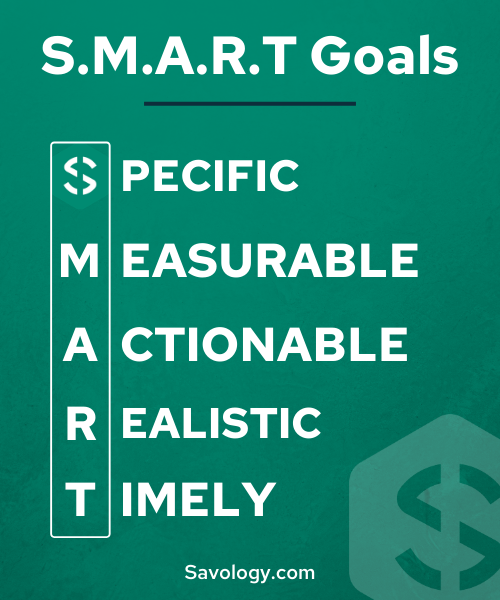When it comes to our money, there’s one thing we can all agree on: we are always looking for ways to improve our financial standing.
Despite what most of us might think, getting a start on improving our finances can be, and actually is, a lot easier than we think.
While it’s hard not to get caught up in thinking that you need to understand the savviest investing tips or already be a financial expert to improve your finances, the truth is that you really don’t need to.
Sure, all of those things are helpful, but there are a lot of things you can do that will help you move the dial on your finances especially when you’re just getting started.
In fact, it’s often the smaller steps in the right direction that end up compounding and having the biggest impact on the relationship you have with your money.
Here are 3 very easy ways you can start improving your finances today:
Financial tip #1: Start with the fundamentals
When you’re just getting a start on your finances, you’re eager to learn and start putting tips, techniques and all of the hacks in the world into practice.
But with how complex personal finance can be, one of the best things you can do is to not overlook the basics.
The first steps to getting your finances on track are to make more than you spend, pay off any high-risk (high-interest) debts, build an adequate emergency fund, and protect your finances with basic insurance policies.
Those are more important than investing when you are just getting started. By focusing on them and getting a good understanding of each one of them and how they fit into your financial plan, you’ll be well on your way to making progress in other areas of your financial life.
Financial tip #2: Set short term and long term goals
Having a very clear understanding of what you are working towards is critical when it comes to your finances.
Setting long term financial goals can be a great way to keep on track holistically while reaching short term financial goals can give you the motivation boost you need to continue making improvements and work towards those longer-term goals. The two should complement one another and play a vital role in the decisions you are making.
Remember, when setting goals it’s important to set S.M.A.R.T. goals as a way to keep yourself both motivated and accountable.
Financial tip #3: Find an accountability partner
Once you have your financial goals set and mapped out (so that you know what you are working towards), an accountability partner can be the extra motivation you need to help keep you focused and stay the course.
If you’re not sure exactly what an accountability partner is, it’s exactly what it sounds like: someone who is there to help you stay accountable and on top of your financial progress.
For most, an accountability partner is a spouse or partner they are living with. However, this individual can be anyone you choose such as a good friend, a relative, and even a colleague. The most important thing is that your accountability partner needs to be someone you can not only trust but someone you can rely on.
What’s equally important is that you and your accountability partner have a conversation about expectations and how you both foresee the relationship going. You need to be able to share information (and likely details) of what you are working on and be comfortable asking for their help to get you there.
If you decide to find an accountability partner, I would highly recommend having regular “check-ins” and conversations about money the same way you would have a regular phone call with a friend or a scheduled one-on-one meeting with an employer.
Additionally, I’d recommend trying different fun money challenges with your accountability to keep things fresh and exciting. In fact, this 52-week money challenge can help you save more than $5,000 this year alone.
Easy as 1,2,3!
The next time you find yourself stuck or feeling overwhelmed about ways on how to start improving your finances, try putting one (if not all three ) of these tips to practice. After doing so, I’m confident that you’ll agree with me on the impact that small tips can have on your financial well-being.








